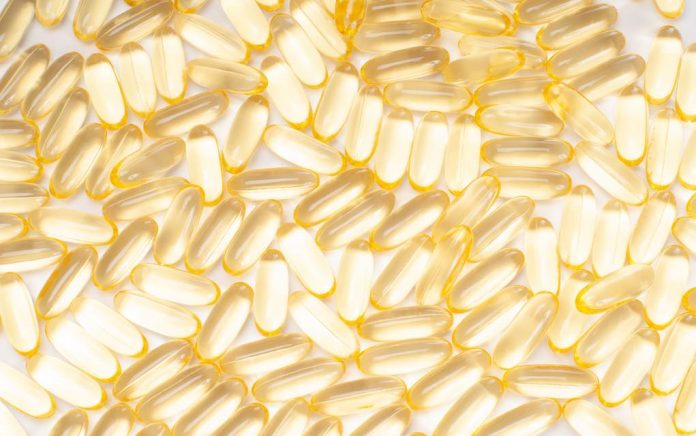
Did you know there is a special relationship between CBD oil and omega fatty acids, or more specifically, omega-3 fatty acids? Who would have known? Apparently many experts have uncovered this association, and we’re excited to let you know about it because it could significantly change how well you respond to CBD oil (i.e., hemp oil).
CBD and Omega-3 Fatty Acids
CBD (cannabidiol) oil is derived from the leaves and flowers of hemp. This hemp oil is a type of cannabinoid, but unlike another common cannabinoid (THC, or tetrahydrocannabinol), it does not produce psychoactive effects.
Read about demystifying CBD oil (cannabidiol): 7 important facts
Cannabidiol works on the endocannabinoid system, which is involved in many physiological functions ranging from mood and inflammation to metabolism and immune system functioning. Although the exact ways CBD oil works in the body is still under investigation, it appears to have a significant impact on mimicking the body’s own production of endocannabinoids.
Here’s where the relationship gets interesting. The body’s natural endocannabinoids (“endo” meaning the cannabinoids are produced inside the body rather than coming from outside sources) are made from the omega-3 fatty acids found in your body’s cells. Therefore, when we eat foods (e.g., nuts, fish, flaxseeds) or take in supplements that contain omega-3 essential fatty acids, the body transforms them into endocannabinoids.
Essential fatty acids have an ability to switch on special receptors in the cell membranes, which in turn cause the cells to perform certain jobs. For example, omega-3 fatty acids are involved in creating endocannabinoids and working with existing endocannabinoids to make potent anti-inflammatory substances called endocannabinoid epoxides. Omega-3 fatty acids also are important for stabilizing endocannabinoid cell membrane receptors, which allows the endocannabinoids to perform their tasks, such as energy storage and fighting inflammation.
This intimate relationship between endocannabinoids and omega-3 fatty acids illustrates how much they work together to help promote overall health. Another example of this link between CBD and omega-3 fatty acids is evidence that use of omega-3 supplements can help relieve depression, inflammation, and pain, which are the same symptoms that can be relieved when taking CBD oil.
Read about 5 reasons to use CBD oil daily
How important are omega-3s?
If you are deficient in omega-3 fatty acids, it can have a significant impact on endocannabinoid production and the entire system and, by extension, the ability of CBD oil to be effective. Since approximately 95 percent of adults in the United States are deficient in omega-3 fatty acids, this suggests such a deficiency could have a serious impact on how well the endocannabinoid system functions.
In fact, there is evidence that a deficiency in omega-3s can cause malfunctioning of endocannabinoid receptors, which could result in increased anxiety and obesity associated with problems in the endocannabinoid system.
The bottom line
What’s the solution? To get the most from your experience using CBD oil, you should be sure to get sufficient amounts of omega-3 fatty acids. If you remain deficient in omega-3s, you most likely will not get the results you want from taking CBD oil. You can increase your intake of foods rich in omega-3 fatty acids, which include cold water fatty fish (e.g., herring, salmon, sardines, tuna), walnuts, chia seeds, or flaxseed), or take fish oil, krill oil, or algae oil.
Read more about omega's in these articles:
10 Best Sources for Omega-3 Fatty Acids
Sources
Chilton FH et al. Precision nutrition and omega-3 polyunsaturated fatty acids: a case for personalized supplementation approaches for the prevention and management of human diseases. Nutrients 2017; 9(11): 1165
Larrieu T and Layé S. Food for mood: relevance of nutritional omega-3 fatty acids for depression and anxiety. Frontiers in Physiology 2018; 9: 1047
McDougle DR et al. Anti-inflammatory omega-3 endocannabinoid epoxides. Proceedings of the National Academy of Sciences of the United States of America 2017; 114(30): E6034-43
Simopoulos AP. An increase in the omega-6/omega-3 fatty acid ratio increases the risk for obesity. Nutrients 2016; 8(3): 128










